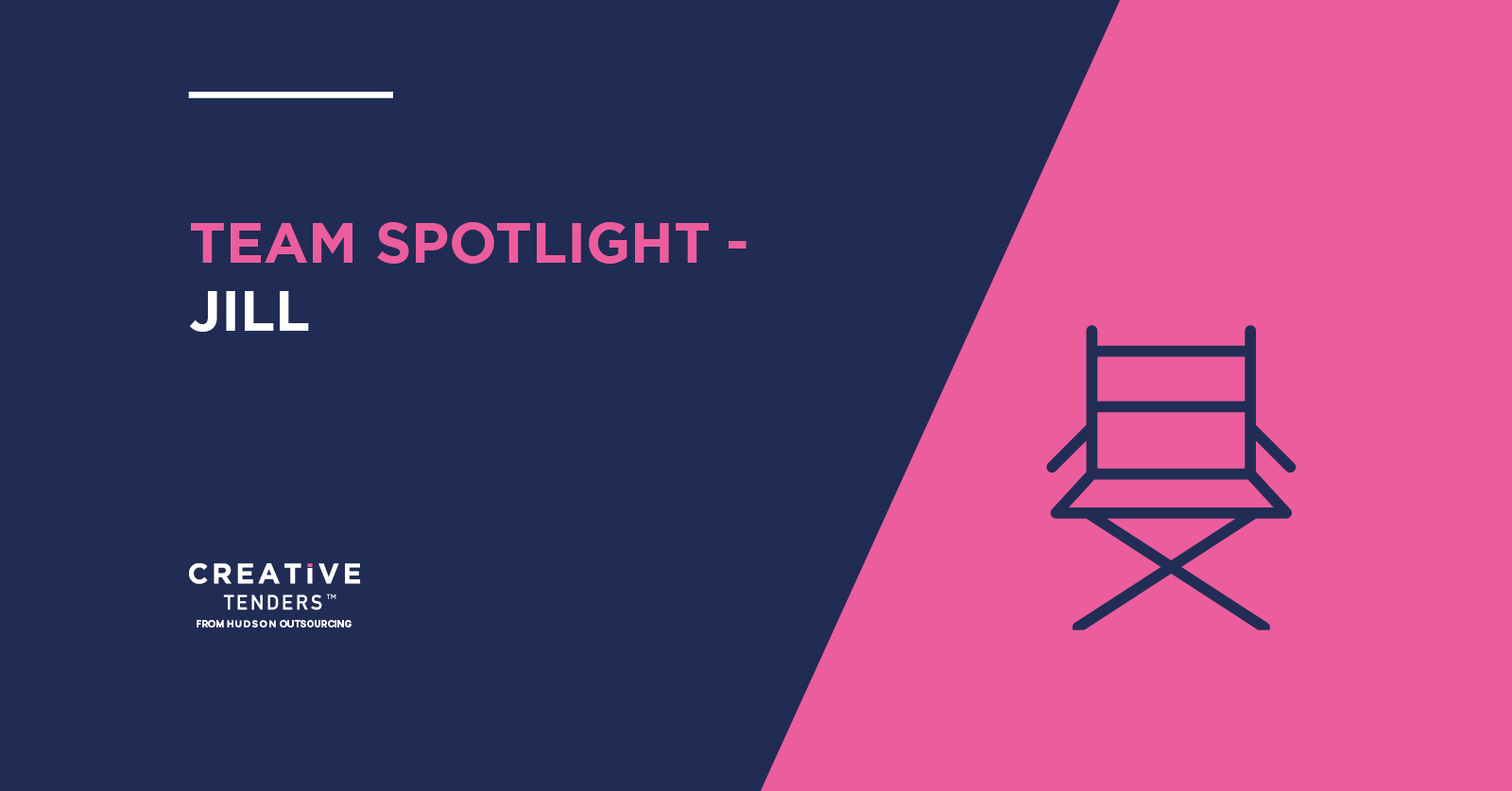Introduction
The creative sector is evolving rapidly, and so is the process of securing tenders. With increased competition and the growing demand for innovation, businesses must embrace technology to streamline their tendering process, improve efficiency, and gain a competitive edge. From AI-driven bid management systems to data analytics and cloud-based collaboration tools, technology is transforming how creative agencies identify, prepare, and submit bids.
The Digital Transformation of Tendering
Traditionally, the tendering process for creative contracts was manual, time-consuming, and often frustrating. Businesses had to rely on spreadsheets, emails, and physical documents to manage their bids. However, digital transformation has introduced tools that enhance efficiency and accuracy, making it easier for creative professionals to find and win tenders.
1. Tender Portals and Aggregators
Gone are the days of scouring multiple websites for tender opportunities. Today, platforms like Creative Tenders centralize tender listings, allowing agencies to filter opportunities based on industry, budget, and location. These portals ensure that businesses never miss a relevant tender while saving time on manual searches.
2. AI-Powered Bid Management Tools
Artificial intelligence (AI) is revolutionizing bid management by automating repetitive tasks such as document sorting, compliance checks, and deadline tracking. AI-driven tools can also analyze past bids to provide insights into successful strategies, helping agencies refine their approach and increase win rates.
3. Cloud-Based Collaboration Software
Creative tenders often require input from multiple stakeholders, including designers, marketers, and project managers. Cloud-based collaboration tools enable teams to work on proposals in real-time, ensuring seamless communication and document management. Platforms like Google Workspace and Microsoft Teams allow instant updates, version control, and remote access, reducing the risk of errors and missed deadlines.
Enhancing Proposal Development with Technology
A well-crafted proposal is key to winning tenders. Leveraging technology can significantly enhance the quality and impact of your bid.
4. Proposal Automation Software
Automated proposal software simplifies the bid-writing process by generating templates, formatting documents, and integrating branding elements. This ensures consistency and professionalism while reducing the time spent on administrative tasks.
5. AI-Generated Content and Editing
AI-driven content tools assist in drafting compelling narratives, proofreading, and optimizing proposals for readability and engagement. By analyzing successful bids, these tools can suggest improvements to enhance clarity, persuasiveness, and compliance with tender requirements.
6. Interactive and Multimedia Proposals
Static PDF proposals are becoming outdated. Interactive proposals, including video presentations, infographics, and 3D visuals, make bids more engaging and memorable. Creative agencies can leverage multimedia to showcase their expertise, creativity, and previous work in a dynamic way that stands out to evaluators.
Leveraging Data Analytics for Strategic Decision-Making
Data-driven decision-making is critical in modern tendering. By utilizing analytics tools, agencies can gain valuable insights into market trends, competitor strategies, and client preferences.
7. Competitor Analysis Tools
Understanding the competition can help agencies position themselves effectively. Competitive intelligence software allows businesses to analyze past tenders, identify key players, and refine their strategies to differentiate from the competition.
8. Predictive Analytics for Tender Success
Predictive analytics uses historical data to forecast the likelihood of winning a tender. By analyzing patterns and success factors, agencies can prioritize high-potential opportunities and allocate resources more effectively.
9. Performance Tracking and Reporting
Post-bid analytics enable agencies to assess their performance, identify areas for improvement, and refine their tendering approach. By tracking metrics such as submission success rates, evaluator feedback, and project outcomes, agencies can continuously enhance their bidding strategies.
Cybersecurity and Compliance in Digital Tendering
With the increasing reliance on digital platforms, cybersecurity is a major concern in tendering. Agencies must ensure that sensitive client data, proprietary information, and bid documents are protected from cyber threats.
10. Secure Document Management Systems
Encrypted document storage and access control mechanisms safeguard sensitive data, ensuring compliance with GDPR and other data protection regulations. Secure portals also facilitate safe submission of proposals, minimizing the risk of data breaches.
11. Blockchain for Transparency and Trust
Blockchain technology is emerging as a solution for ensuring transparency and authenticity in tendering. By creating an immutable record of submissions, blockchain can reduce fraud and enhance trust in the procurement process.
The Future of Creative Tendering: Emerging Technologies
Technology will continue to shape the future of creative tendering, introducing new efficiencies and opportunities for agencies.
12. Virtual and Augmented Reality (VR/AR)
VR and AR are set to transform proposal presentations by offering immersive experiences. Agencies can create virtual walkthroughs, interactive design mockups, and augmented reality demos to showcase their capabilities in a compelling way.
13. Blockchain-Based Smart Contracts
Smart contracts powered by blockchain can automate contractual agreements, reducing paperwork and streamlining the procurement process. This ensures transparency, efficiency, and compliance with contractual obligations.
14. AI-Driven Proposal Scoring
Future procurement processes may incorporate AI-driven evaluation systems that assess bids based on predefined criteria. Understanding how AI evaluates proposals will be crucial for agencies looking to optimize their submissions.
How Creative Tenders Supports Tech-Driven Bidding Success
At Creative Tenders, we recognize the importance of technology in modern tendering. Our platform offers a centralized hub for creative agencies to discover, track, and manage tender opportunities effortlessly. With our advanced filtering tools, tailored alerts, and industry-specific insights, we help businesses navigate the tendering landscape with confidence.
By leveraging technology-driven solutions, Creative Tenders ensures that agencies can focus on crafting compelling bids rather than wasting time on administrative tasks. Whether you’re a PR firm, branding agency, or video production company, our platform empowers you to stay ahead of the competition and secure high-value contracts.
Conclusion
The role of technology in creative tendering is undeniable. From AI-powered bid management to interactive proposals and predictive analytics, modern tools are revolutionizing the way agencies approach tenders. By embracing these advancements, creative professionals can enhance efficiency, improve proposal quality, and increase their chances of success.
For those looking to stay competitive in the evolving tendering landscape, investing in technology is no longer optional—it’s essential. Creative Tenders provides the resources and tools needed to navigate this digital transformation, ensuring that agencies can find and win the best creative contracts with ease.
